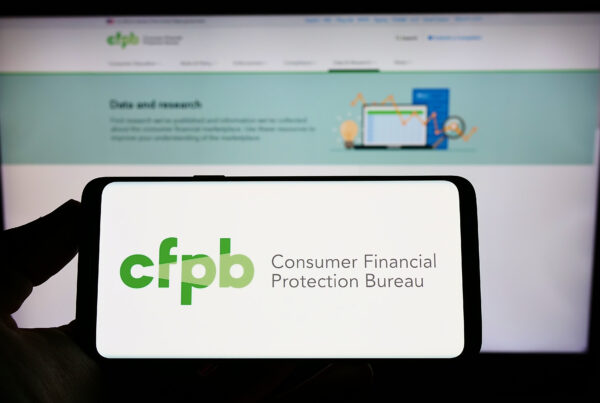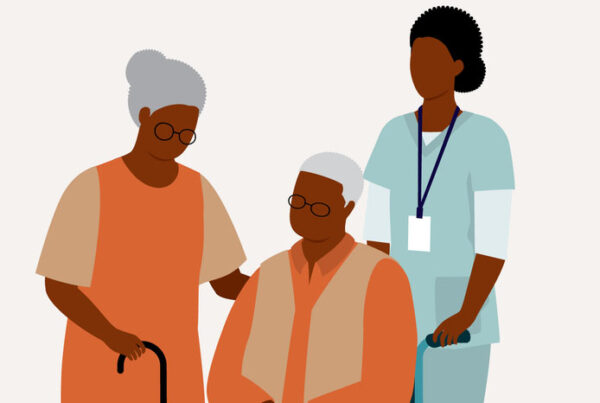By Kary Zarate, Ph.D.
Conflict is a normal and regular part of collaboration and teaming. While most of us would rather avoid conflict at all costs, healthy conflict can strengthen teams, increase the creativity of team members, and create meaningful change (Friend, 2020). Conflict arises for a variety of reasons. The military-connected student (MCS) has a variety of professionals working together to assist in ensuring successful school outcomes and life transitions. Because the individuals within this partnership all come with varying professional experiences, they may have differing opinions on the goals and outcomes that should be a priority for the student and family. This could result in an array of conflicts if collaborative partners do not anticipate that challenges may occur. Beyond opinions related to student outcomes, conflicts may occur if teams have the same goal but believe in different pathways to get to that goal. And finally, conflicts may occur within us, when we feel like we are spread thin and don’t know which tasks to prioritize first, perhaps resulting in over-promising and under-delivering.
Regardless of why conflict occurs, even the most successful teams are bound to have conflict. What sets successful teams apart is their ability to anticipate that conflict may happen and have a plan for resolution when it does inevitably occur. Successful school and family teams treat conflict as neither good nor bad but as a neutral aspect of the work they do together. Successful teams plan and anticipate that conflict may occur. They use strategies such as teaming agreements to discuss roles, preferred methods of communication, and goals for their work together, as a planning tool to refer to when conflict occurs. Members of successful collaborative partnerships also are open to giving and receiving feedback in a way that is objective and lacks blame. Finally, not all conflict can be anticipated and bypassed. Successful collaborative partners try to repair their relationships and learn from conflict.
If you are interested in learning specifically how to plan, react, and repair from conflict, check out our webinar “Conflict Happens: Anticipating and Overcoming Challenges.” We examine how collaborative partnerships experience and overcome conflict to improve outcomes for MCSs, their families, and the professionals they work with. The strategies discussed can increase your confidence when working within and perhaps even leading a team.
Reference
Friend, M., (2020). Interactions: Collaboration skills for school professionals. Pearson.
Image from Pixabay.com, CC0













